Changing our behaviour to improve food security
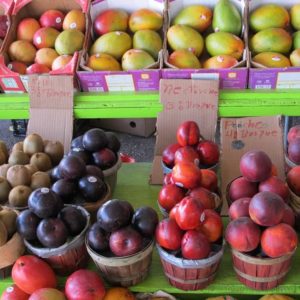
Across the world, COVID-19 has persuaded people to think more carefully about changing their behaviour. We need the private sector, NGOs and government officials to change their behaviour, for example, by prioritising the sale of food that is healthy over food that is profitable, and favouring community-driven approaches over top-down directives.
The world is in an unprecedented situation in which unprecedented moves must be made, and we should be ready to acknowledge mistakes and improve our individual and collective behaviours.
Despite South Africa’s food secure status at national level and the evidence that the country produces more food than it needs, there is a worrying degree of food insecurity at household level. The 2017 Statistics South Africa (Stats SA) report “Towards measuring the extent of food security in South Africa: An examination of hunger and food inadequacy” reveals that 20% of households did not have access to adequate food during the period studied.
The policy shift South Africa needs to achieve food sustainability
If SA wants to achieve food and nutrition sustainability, agriculture policies will need to shift away from chemical subsidies to support partnerships, mentorship, shorter value chains, increased biodiversity and a long-term approach to soil fertility and animal nutrition. Undoubtedly, agroecology has an important role to play in this process.
Already facing a multidimensional agricultural crisis, South Africa urgently needs to direct more funding for agricultural research that serves the public good, rather than just assisting to boost agribusiness profits. New cuts to the agriculture budget will further put our food security at risk. The agricultural research community has a key role to play in contributing to sustainable resource management and food security.
How the man-made chemical, nonylphenol, hampers the growth of fresh produce
Study shows nonylphenol reduces plant size and cell permeability in lettuce. The man-made chemical, nonylphenol, hampers the growth of fresh produce.
Good gut health could be a key line of defence against viral infections, researchers say
Although there is no specific research that shows the positive effects of high-fibre foods in helping to fight against COVID-19, some existing research has suggested its beneficial effects against viral infection. Good gut health could be a key line of defence against viral infections. A healthy, balanced diet with the inclusion of functional foods such as plant dietary fibre found in vegetables and fruits, nuts, whole grains, and fermented foods that are rich in probiotics could help us to strengthen our immune system to act against viral infections.
Diet is a significant determinant for the increase of disease risk. Accordingly, emerging evidence has shown that functional foods may impact gut-related diseases and dysfunctions that are linked with lifestyle changes and age. The importance of the colonic microbiota in human health and well-being is a major breakthrough in both medical and nutrition research, even if this still remains to be fully understood.
Food aid parcels in South Africa could do with a better nutritional balance
Food insecurity is a reality for many South African households. Food aid parcels will see may households through one of the greatest pandemics of our time. Approximately 50% of households live under the poverty line and cannot afford basic healthy eating. Low-income households typically spend about a third of total expenditure on food. The spread of the global COVID-19 pandemic to South Africa is causing further pressure on vulnerable households facing temporary or permanent employment interruptions. In addition, the primary caretakers of these households now have more mouths to feed, including children that previously benefited from the National School Feeding Programme also relying on their primary care givers for food.
Thinking about bodybuilding competition costumes? 10 reasons why it’s time to stop! Medigap incredible bulk prohormone induject-250 (vial) testosterone mix buy online – sports bodybuilding.
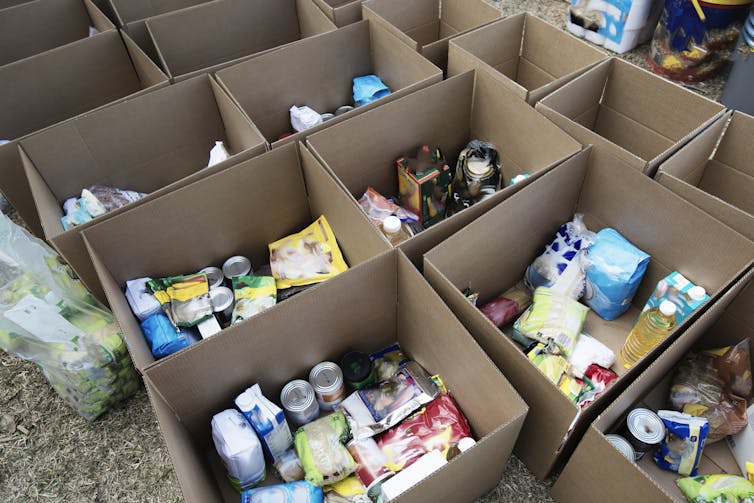
The COVID-19 outbreak in South Africa has forced government to develop interventions to ensure vulnerable households have access to safe and nutritious food during the current state of emergency. Gauteng is home to just over a quarter of the South Africa population and is viewed as the economic hub of the country. In Gauteng the food parcel relief scheme is available to citizens who earn a combined household income of less than R3,600, as well as to recipients of South African social security agency pensioner, disability, child welfare and military veteran grants.
Food aid parcels being distributed in Gauteng includes: starch-rich foods (10kg maize meal and 5kg rice), protein-source foods (1kg soya, two tins of baked beans, two tins of fish and 880g peanut butter), two litres of cooking oil, one packet of tea bags, 2.5kg sugar, 1kg salt and three non-food items (one bottle of dish-washing liquid, one bottle of all-purpose cleaner and two bars of laundry washing soap). In the Gauteng province approximately 7,000 food parcels are requested daily. By early April 8,000 families had received food parcels.
The president, Cyril Ramaphosa, has also announced that a further 250,000parcels will be distributed across the country
COVID-19: A place-based approach offers options to relax the lockdown
South Africa bought time by slowing the spread of the virus; but an abrupt end to the lockdown could result in a rapid resurgence of the pandemic. The South African government faces the dilemma of dealing with the health challenge and the economic consequences of the coronavirus. Targeting geographical areas and sectors where the infection risk remains low is one way to relax the lockdown.
A place-based approach, which considers local and community contexts, may offer a way forward, both to re-opening the economy and building resilient urban areas. This approach would involve targeting geographical areas and sectors.
Lockdowns threaten childrens’ nutrition: why extra care is needed
It’s not just children already born who are at risk. During the 21 days of the current lockdown, approximately 240,000 South African women will be in the third trimester of their pregnancies. This is a critical time for their well-being and the physical development of their unborn children. Any nutritional shock may have severe implications, both in the short-term birth weight of the child and in the longer term, as stunting. There are some steps that can be taken to mitigate these fallouts. They include raising child support grants and extending a grant to pregnant women. And businesses also need to come to the party by not ramping up food prices.
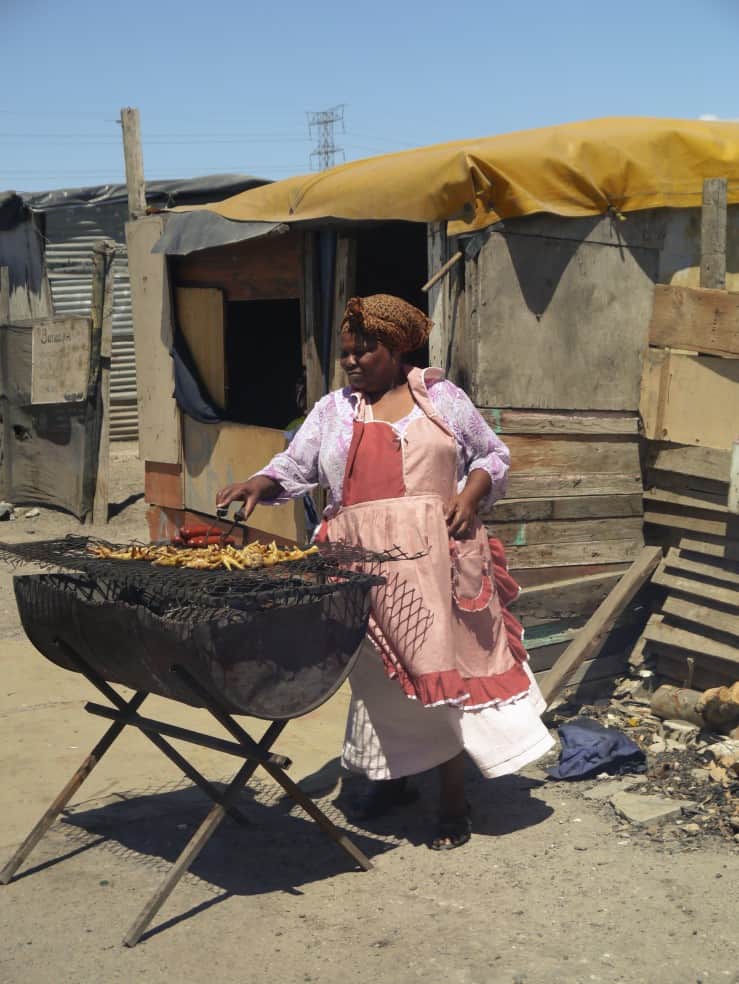
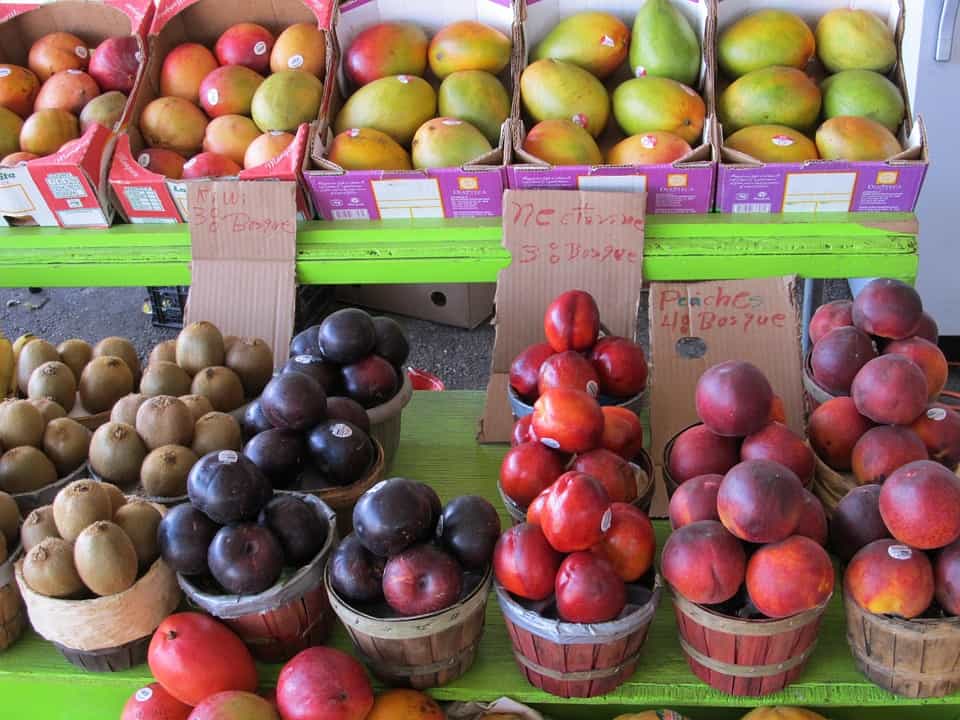
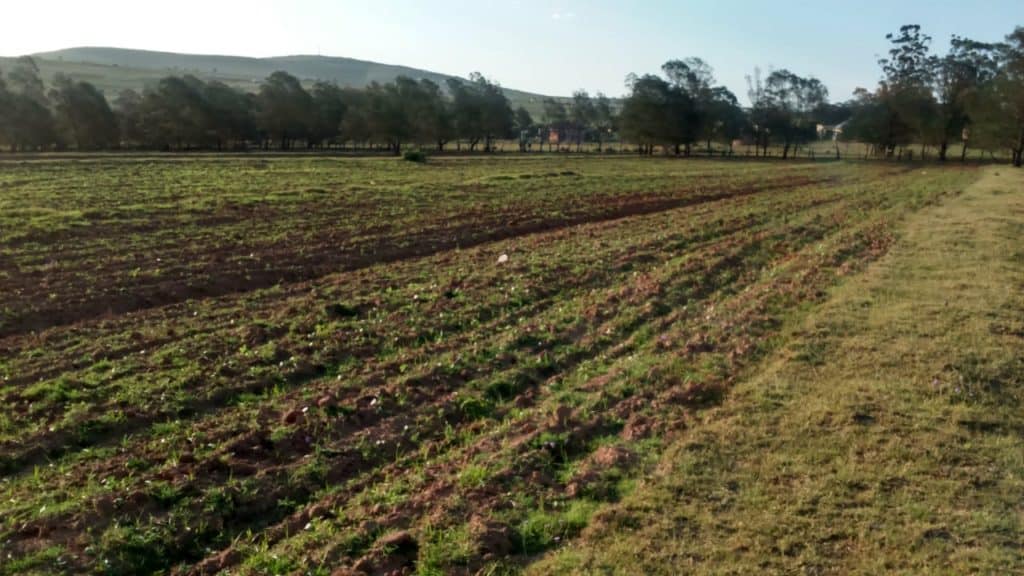

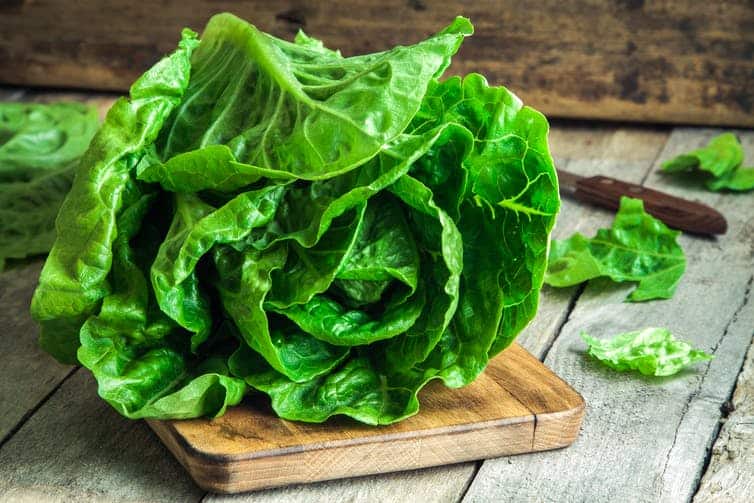
Social security could make life better in South Africa after COVID-19
Injecting purchasing power into poor households will stimulate demand and assist economic recovery. Reimagining social security in South Africa is not only a humanitarian imperative and a means of achieving social justice, it makes economic sense. It is something that the country cannot afford not to do.
The country will take years to recover economically. Ziyaad Douglas/Gallo Images via Getty Images